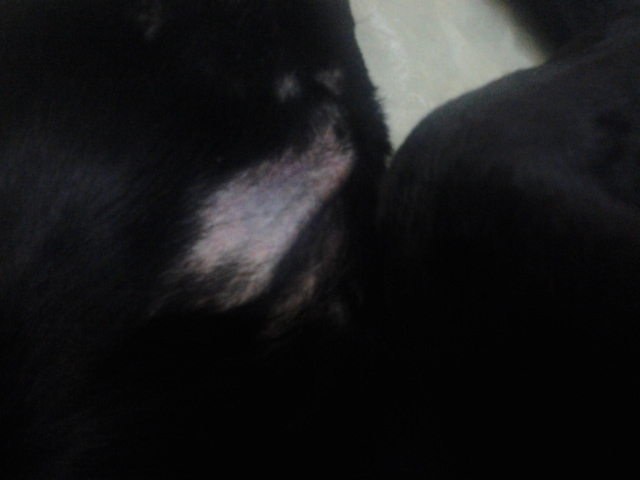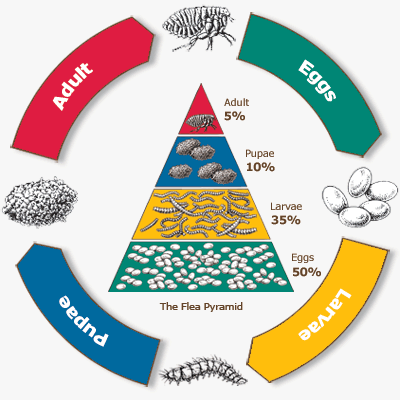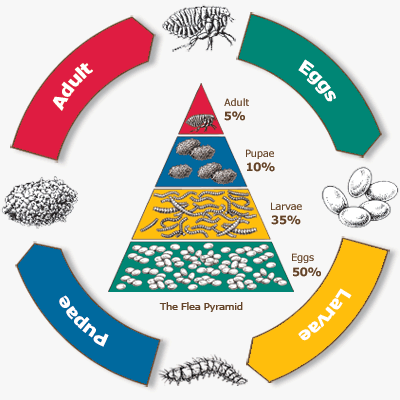QuestionMy poodle, Sam, has had blood in his urine. About 17 days ago we notice he was crabby, going pee alot, and had blood in his urine. We called his vet. and told them the symtoms. In the past on about 2 other occassions, he had what they called a urinary infection. Antibiotics cleared up the symtoms each time. Having a history of this, they gave us antibiotics without seeing him. After about 5 or 6 days on the antibiotic, we saw a small amount of blood in his urine, he still had 4 or 5 days of pills left to take. The vet said that because he had gotten better during the treatment, she did not think he had bladder stones, and prescribe another dose of antibiotics for him to take after completeing the first dose. He has been on the second set of antibiotics for the last 5 days. We are seeing blood in his urine again today and frequent urination. Last night he left a small stain of orangy colored pee on my mothers white bedspread; we felt his penis area and it is dry currently and he does not seem to be leaking or have lack of control. He is perky and playful and does not seem ill. The vet. says he has bladder stones and needs them removed. Do you think he needs this invasive surgery, or could we change his diet? He eats Wysong (human grade) dry food and canned Wysong once in a while. He eats T/Bones for snacks, a couple a day only. He chews corn or potato starch bones only. NO rawhide. We avoid all human food. My Grandmother sneaks him small amounts of human food, just from her plate, against our wishes. The antibiotics he was on the 1st time was Baytril - 22.7 (?), 1 pill 2x daily for 10 days. The 2nd dose which he is just completing in Clavamox - 125mg, 1 pill 2x daily for 7 days. We are seeing blood for the second time since his first treatment of antibiotics about 15 days ago. Please advise.
AnswerDawn,
I highly recommend you seek a second opinion from another veterinarian. I am concerned that the current veterinarian you are consulting did not offer to re-examine him, perform a urinalysis, or take radiographs before diagnosing bladder stones.
Although bladder stones are common, his symptoms could be related to other ailments. Bladder stones are formed by the accumulation of certain minerals in the urine, and are usually more frequently found in females than males, in addtion to certain breeds over others. Small bladder stones may be passed through the wider urethra of the female, but may lodge and cause obstruction in the narrow male urethra. Larger stones remain in the bladder, where a single stone or multiple stones may fill the entire bladder cavity.
Signs of bladder stones are similar to the signs of infectious cystic, (bladder infection), frequent urination, straining to urinate, and blood in the urine. Diagnosis of cystic calculi is made by finding the stones on a radiograph, (x-ray), or finding the typical mineral crystals in the urine. A veterinarian can also often feel bladder stones through the patient's abdominal wall. Bladder stones in the dog are treated by one or both of two methods: surgical removal, or strict dietary alteration that causes the body to absorb the minerals of which the stones are comprised. Your veterinarian would be able to determine the best treatment based on the extent of the stones and the condition of the patient, upon examination. This is why I am so concerned that you veterinarian did not bother to perform these needed tests and or to physically exam him. I hope this offers some insight to the condition and that you will be able to seek the help of a more practical veterinarian that can address his problem in a hands on manner. Please fell free to get back to me with any additional questions or concerns.
Jodi

 My 5 month old Labrador blad spot
QuestionBald spot on neck
Bald spot on leg
My 5 month old Labrador blad spot
QuestionBald spot on neck
Bald spot on leg
 Feral cat with bloated stomach
Question
Cats stomach
Hello,
Id like some help with a
Feral cat with bloated stomach
Question
Cats stomach
Hello,
Id like some help with a
 Breed Mix Identification
Question
Sophie
The best anyone has been able to
Breed Mix Identification
Question
Sophie
The best anyone has been able to
 Skin and Coat Issue
Question
Lulu rash
Hello Jana,
I realize from
Skin and Coat Issue
Question
Lulu rash
Hello Jana,
I realize from
 Flea control and scratching.
QuestionIve got a 1/2 Chow, 1/2 Black Lab and Ive used
Flea control and scratching.
QuestionIve got a 1/2 Chow, 1/2 Black Lab and Ive used